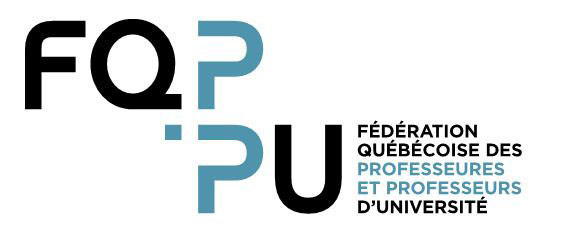Bill 74, recently introduced by the Ministre de l’Immigration, de la Francisation et de l’Intégration, raises severe concerns within Quebec’s academic community.
In a brief submitted to the Commission des relations avec les citoyens, the Fédération québécoise des professeures et professeurs d’université (FQPPU) sounds the alarm. The bill raises concerns about its potential to disrupt universities’ autonomy and Quebec’s attractiveness to international students.
Bill 74 grants the government new powers to regulate the admission of international students to Quebec universities. This centralization could compromise university autonomy by limiting educational institutions’ ability to manage their programs and tailor their offerings to local, national, and international needs.
Table of contents
University Autonomy Under Threat
University autonomy is crucial for Quebec universities to develop independently and address local needs. With the introduction of Bill 74, the government may have the authority to restrict the admission of international students in certain fields of study and institutions, which poses a risk to the independence of universities. Madeleine Pastinelli, president of the FQPPU, emphasized that “this power could deprive institutions of their autonomy by indirectly preventing them from defining their academic offerings.”

Program Viability: A Delicate Balance at Risk
Quebec universities, particularly those in regional areas, depend on the enrollment of international students to maintain the viability of various programs. By limiting their admissions, Bill 74 risks essential programs, especially those in fields deemed less “strategic” from an economic perspective. This could negatively affect universities’ vibrancy and capacity to attract a diverse range of talent.
Is Quebec’s Appeal Declining?
With the introduction of more restrictive rules and a lack of transparency in the selection criteria, Bill 74 could negatively impact Quebec’s reputation as a study destination. International students bring vital diversity and energy to campuses while contributing to the province’s intellectual and economic growth. By restricting their access, Quebec risks conveying an image of insularity that could undermine its standing on the global stage.

FQPPU recommendations
To protect university autonomy and maintain Quebec’s attractiveness to international students, the FQPPU presents three key recommendations:
- Consultation with the Academic Community: Engage with the academic community before making any decisions that affect the admission of international students.
- Impact Assessments: Conduct assessments to evaluate the potential repercussions of restrictions on international student admissions and establish funding mechanisms to support programs that may be at risk.
- Transparency in admission criteria: Improve the clarity of admission criteria to uphold Quebec’s reputation as a premier study destination.
A Weakened Ministère de l’Enseignement supérieur
Bill 74 is part of a worrying trend: delegating tasks from the Ministère de l’Enseignement supérieur to other ministries disconnected from academic realities. This pattern recalls the adoption of Bill 44, which transferred the Fonds de recherche du Québec to the Ministère de l’Économie, de l’Innovation et de l’Énergie. This decision sparked a wave of opposition within the academic community. Madeleine Pastinelli notes, “If we want Quebec to continue producing high-quality research and training the best researchers, it is essential to have a Ministère de l’Enseignement supérieur that is both strong and responsive to the academic community.”
If we want Quebec to continue producing high-quality research and training the best researchers, it is essential to have a Ministère de l’Enseignement supérieur that is both strong and responsive to the academic community.

In conclusion
The FQPPU, representing over 8,000 professors, is committed to protecting university autonomy in Quebec. The organization aims to ensure that Bill 74 does not negatively impact the richness and diversity of the Quebec university system. The FQPPU expresses its readiness to collaborate with the government to achieve this.
Read more
- The Federation’s brief, Protéger l’intégrité du réseau universitaire québécois, is available online (in French only).
- University autonomy ranks among the ten fundamental principles established by the FQPPU.
- In June 2023, the Federation published its brief, Financer les missions fondamentales des universités (in French only).
Stay up to date
Subscribe to the Federation newsletter.


